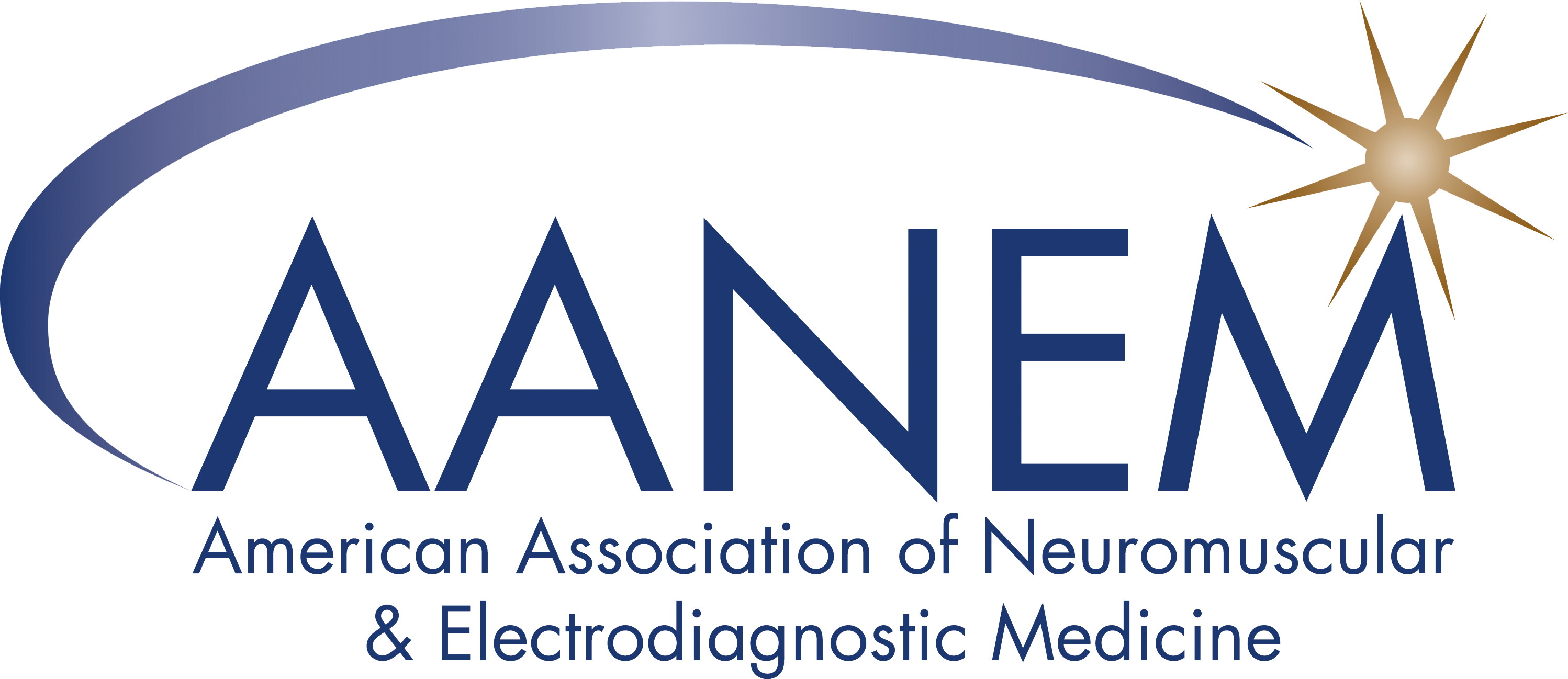AANEM Connect

Join this vibrant community of professionals eager to exchange ideas, share resources, and engage in meaningful discussions. Use this platform as a sounding board to seek advice for navigating challenging cases or career decisions, and receive expert guidance from generous peers who want to help you succeed.
Non neurological scapular winging
I recently saw a 13 y/o young lady who somehow managed to fall backward off of a moving golf cart. She had a mTBI and painful right shoulder. She now can voluntarily dislocate the right shoulder. There is right scapular inferior angle winging. EMG of the serratus anterior, upper trapezius and rhomboid major were normal. My question is how do you produce non neurological scapular winging.
It is difficult to miss the serratus anterior on EMG in the mid axillary line since the serratus is the only muscle there, once you touch the rib periosteum with the EMG needle.. There are some oddities on examination. Forward flexion is strong but winging increases especially as she lowers the arm. The inferior angle rotates laterally and the scapula abducts on forward flexion like normal. With a SA palsy forward flexion should be weak, and scapular rotation and abduction reduced.
Abduction of the shoulder laterally reduces the winging. Shoulder retraction is strong.
I would like to say something more specific than "probably related to the ligament injuries that destabilized the gleno-humeral joint" but haven't found anything in the literature to help.
Over the years I have seen a number of patients with scapular winging, without shoulder dislocation, in whom EMG of the appropriate muscles was normal. On some occasions I could not find the serratus and assumed it had completely atrophied. So this young lady was not an isolated case.
How do you produce scapular winging without neurological, i.e. nerve, injury ?
In order to comment on posts and view posts in their entirety, please login with your AANEM member account information.
I enjoy participating in the AANEM Connect Forum for a number of reasons. There are very fundamental questions posed on a frequent basis that cause me to pause and ask myself, ‘Why didn’t I think of that?’ Also, I continue to learn new things when others contribute their thoughts and experiences. Connect is an excellent opportunity for members to interact and to address any topic, including those that may not be discussed at an annual meeting or journal article.
Daniel Dumitru, MD, PhD
